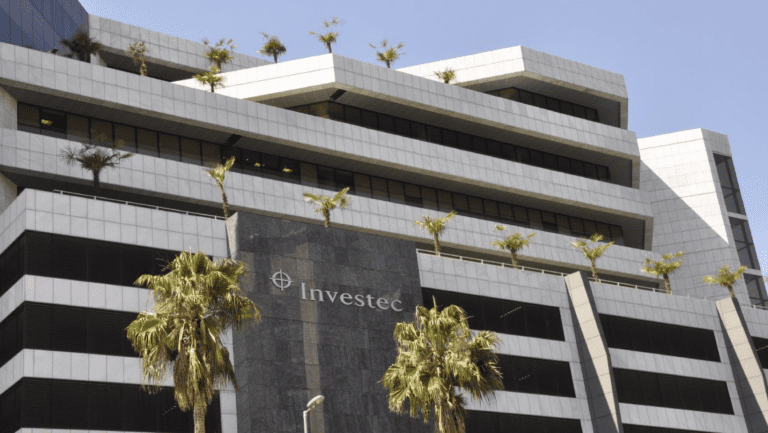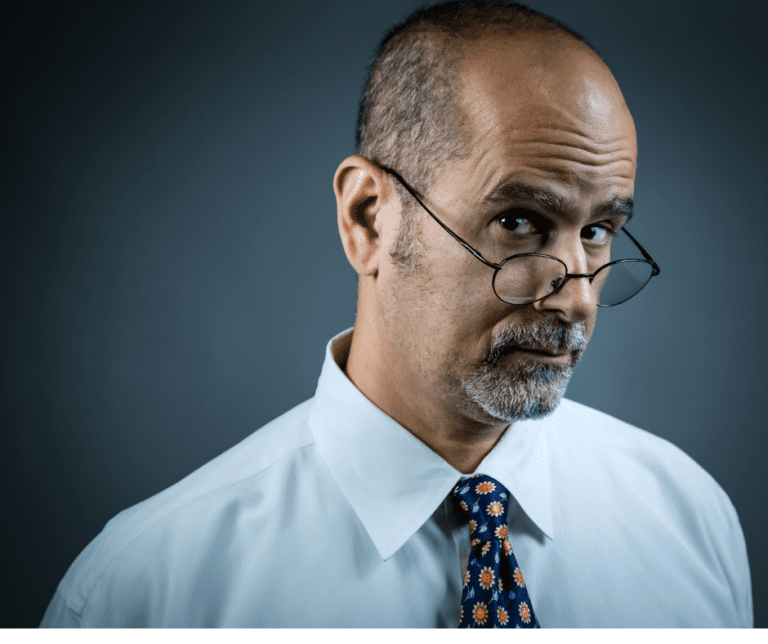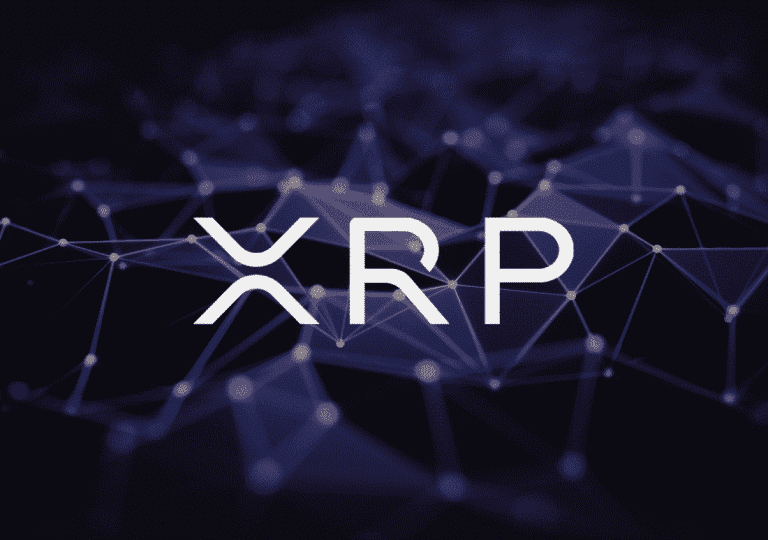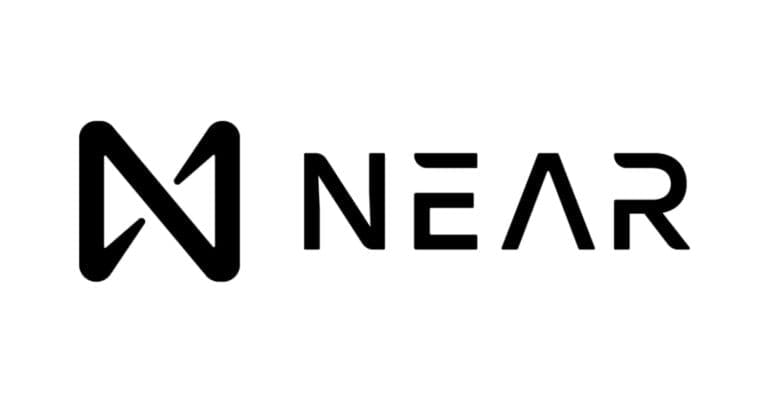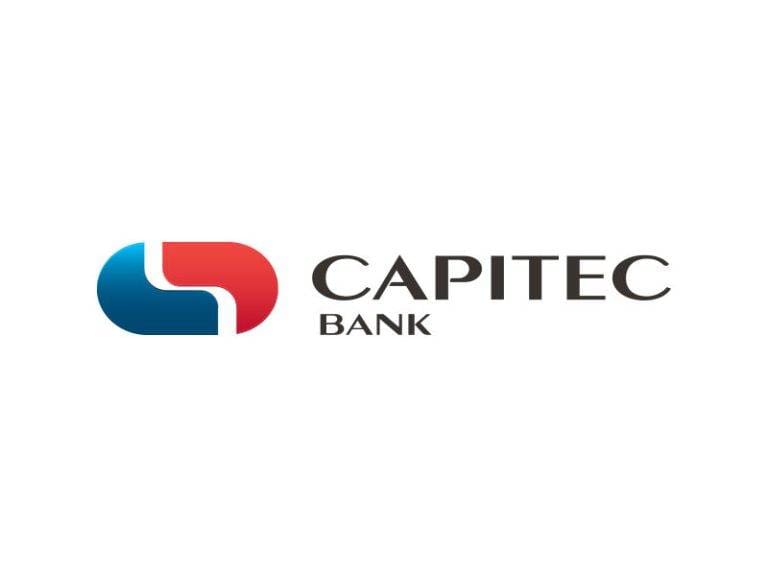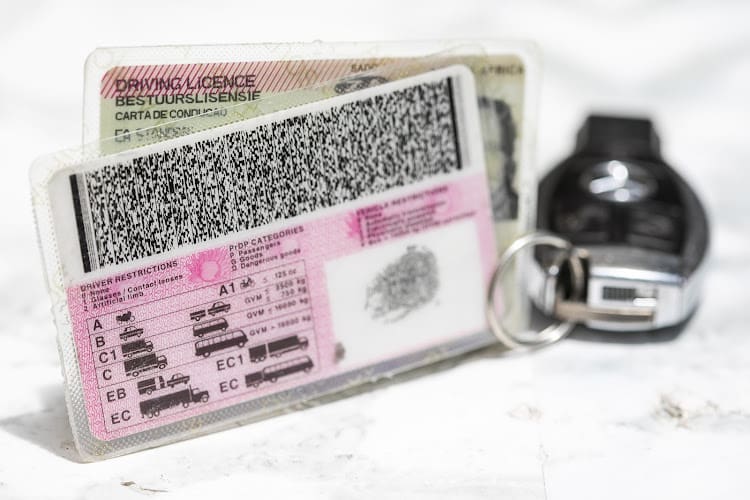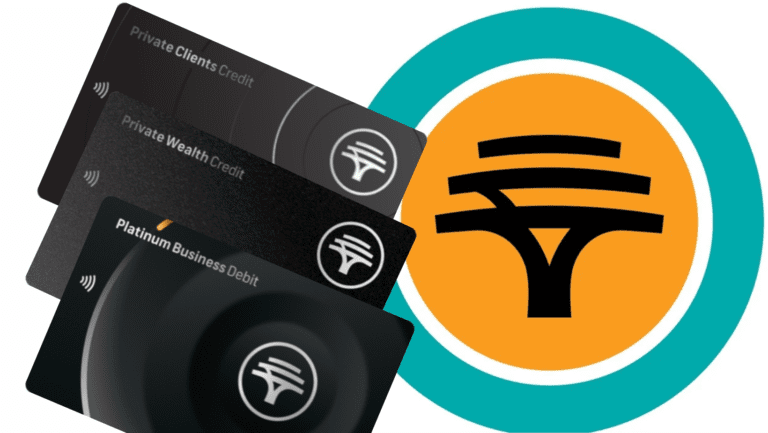Economic Decline Over Three Decades: The article highlights the Bureau...
Read MoreLatest News
Rand Faces Potential Depreciation to R21.40 Against Dollar
Investec's Warning: Investec, a leading financial institution, issues a cautionary...
Read MoreEskom’s Load-Shedding Woes Linger Despite Recent Relief
Despite a recent stretch of over 28 days without load-shedding,...
Read MoreCapitec CEO’s Whopping R65 Million Payday Raises Eyebrows
Financial Performance: Capitec Bank reports strong growth in headline earnings...
Read MoreEditor's Pick
Ripple’s Dip Amid SEC Clash Opens Buy Opportunity for XRP
Ripple (XRP) price falls to $0.5623 (R10.49), influenced by a...
Read MoreOndo’s Price Eyes $1 Milestone with Key Support Retake
Ondo (ONDO) is showing potential for recovery, closely following broader...
Read MoreNear Protocol’s Price Surge: A Potential Windfall for Investors
The Near Protocol (NEAR) cryptocurrency has overcome two major resistance...
Read MoreBitcoin Faces Hurdles: R1.3M Key for Pre-Halving Price Surge
Bitcoin's price struggles to surpass the $69,000 (approximately R1,300,650) mark,...
Read MorePopular Posts
How to reverse Capitec Bank cash send
The Capitec Bank Cash Send has become an alternative method...
Read MoreSouth African Police Service (SAPS) Salary Guide 2024
In 2024, the compensation landscape for police officers in South...
Read MoreSouth African Driver’s Licence Renewal Guide 2024
In South Africa, a driver’s license has a 5-year lifespan;...
Read MoreFNB Black Card 2024 Review
The FNB Black Card series, tailored for high-net-worth individuals and...
Read MoreEnergy
- Eskom’s Load-Shedding Woes Linger Despite Recent Relief
- South Africa’s Energy Outlook Brightens as Renewables Gain Momentum
- Charlotte Maxeke Hospital Grapples with Ongoing Power Outages
- Illegal Electricity Connections Claim Three Lives in Gqeberha Tragedy
- Eskom Achieves Milestone: Rolling Blackouts Suspended Indefinitely
- Power Crisis: Eskom Battles Major Outage in Pretoria
- South Africa’s Path to Energy and Water Resilience
- Eskom’s Electricity Prices Soar with New Tariffs
- Eskom’s Load Shedding Pause & Tariff Hike Explained
- City Power Cracks Down on Electricity Theft With Smart Meters
Business
- Namibia Breweries Limited (NBL) Faces Challenges Amidst Competitive Environment
- GEM’s R500 Million Boost: Mantengu Mining’s Innovative Share Subscription Deal
- Transaction Capital’s WeBuyCars Achieves Strong Financial and Operational Growth
- Spring Gatherings Spotlight Enhancements in World Bank Operations
- RH Bophelo AGM: Reshaped Leadership and Shareholder Unity
- CTA’s Dariel Solutions Acquisition Boosts Tech Portfolio
- Change in Director Responsibilities at Alexander Forbes Group Holdings Limited
- MTN Group Expects Significant Earnings Decline for FY 2023
- Telkom SA SOC Limited Enhances Governance with New Committee and Board Changes
- Nampak Empowers Board: Siyotula’s Strategic Arrival
Tax
- Revolutionizing Tax Compliance: The Power of Collaborative Bargaining
- SARS Achieves Historic Tax Revenue Milestone
- SARS Boosts Tax Process: Smoother 2023 Changes Ahead
- Mobile Tax Unit Rolls into Limpopo: Get Hassle-Free Tax Services at Your Doorstep!”
- SARS Admin Penalties: Navigating the Tax Maze for South African Residents and Expats
- Revolutionizing Tax Returns: SARS Unveils Major Updates to Corporate Income Tax System
- SARS Advocates for eFiling: A New Era of Efficiency for Tax Practitioners
- SARS Elevates User Experience: Major eFiling Upgrade Scheduled for Enhanced Security and Efficiency
Technology
- Humane’s Ai Pin Faces Delay, Preorder Incentives Offered
- Stability AI Unveils Breakthrough Image Generation Model, Stable Cascade
- Apple’s iOS 17 & iPadOS 17: New Features Unveiled
- AI Revolutionizes Design: Figma’s FigJam AI Transforms Collaboration on Creative Whiteboards
- Twitch Announces Major Monetization Changes: Impact on Streamers Explored
- Apple’s ‘Scary Fast’ Event: Unveiling M3 Chip, iMac Updates, and MacBook Pro Surprises – What to Expect
- Roblox Revolution: New Developer Subscriptions Soar
- Roblox Arrives on Meta Quest: VR Gaming Revolution!
- Xbox Series X 2024 Refresh: Game-Changing Upgrades Ahead
- Network Crash Triggers Fortnite Frenzy, Twitch Viewership Soars 726%
- Riot Games, a Tencent Unit, Announces Workforce Reduction and Strategic Shift
- VW’s Electric GTI: Classic Heritage Meets Futuristic Performance
- Brilliant Labs Unveils Frame: Lightweight AR Glasses with AI Assistant Noa
- Sony Unveils Project Q: The Ultimate Handheld for Streaming PS5 Games
- Microsoft’s U-Turn: User Limits Lifted
Crypto
- Aptos Eyes Major Gain Amid Market Watch: What’s Next?
- Ethereum Skyrockets,nearing R74,700
- ApeCoin Teams Up with F1: Big Win for Crypto Fans
- Chainlink, Cardano Lead Crypto Buzz: Price Surges on Horizon?
- Shiba Inu can now be used to buy land in SHIB: The Metaverse
- ARK Invest Cashes In: Sells $35M Coinbase Shares Amid Rally
- Avalanche Surges Amid Gaming Buzz, Eyes Big Wins at GDC
- Market Wrap: Altcoins Outperform as Sentiment Strengthens; Bitcoin is in the ‘Value Zone’
- The Ethereum merger is most likely to take place in August- Vitalik Buterin
- Ethereum Hashrate reaches an all-time high
- Bitcoin Faces Hurdles: R1.3M Key for Pre-Halving Price Surge
- Terra Coins Rally as Do Kwon’s SEC Trial Begins
| # | Name | Price | Changes 24H | Available Supply |
|---|
Careers
- Average Waiter/Waitress salary in South Africa 2024
- South Africa’s Top Job Sectors: Unveiling the High-Paying Industries
- Average Archeologist Salary in South Africa 2024
- Average Eligibility Specialist salary in South Africa 2022
- Average high school teachers salary in South Africa 2024
- Average Chemical Engineers Salary in South Africa 2024
- Average Financial Manager salary in South Africa 2024
- Average Paramedic salary in South Africa 2024
- Average Clinical Psychologist salary in South Africa
- Average Payroll Manager salary in South Africa 2022
Government
- Justice Served: Life Sentences for Mayor’s Murderers
- Parow Arrest: 24-Year-Old Racks Up R240,000 Traffic Fines
- KwaZulu-Natal Braces for Level 6 Disruptive Rains
- SIU Launches Probe into Home Affairs and PRASA Corruption
- South African Elite Police Shift to Lucrative Private Security
- South Africa Gears Up for Elections: Cabinet Encourages Participation
- MEC Meeko Launches Rui Star Iron-Steel Plant, Boosting Jobs and Economy in Free State
- South Africans Divided: Tobacco Control Bill Sparks Intense Debate
- Drought Crisis: Free State Farmers Fight for Survival
- Road Accident Fund Seeks Claim Documentation
Economics
- FF+ Warns: Land Expropriation Threatens South Africa’s Economy
- Eastern Cape’s N2 Project Generates 3,000+ Local Jobs
- South Africa’s Black Industrialists Shine in Economic Empowerment Summit
- 5 best quick loans for emergency cash in 2024
- President Ramaphosa Urges Action on South Africa’s Education Crisis
- Johannesburg Water Crisis: Residents Protest as Suburbs Endure Drought
- Average General Worker Salary in South Africa 2024
- South African Businesses Embrace Innovation for Global Competitiveness
- South Africa’s Economy Shows Marginal Growth Amidst Sectoral Challenges
- South African Ministers Establish Task Team to Combat River Pollution
Personal Loan Calculator
You can never have financial freedom if you borrow without calculating. You need to know how much you will pay, understand if you can afford the loan.
Latest Financial Updates
We’re with you through thick and thin, updating you every step of the way. Our dedication is to helping you save money, and attain financial freedom.
Reviews
We are always looking for better financial deals for you, culminating to insightful reviews.


Investment Tips
There can be no Financial Freedom without sound investments.

Business Resources
Find latest financial resources for your business. From loans to service providers.

Career Tips
We share career tip to help you move from one level of financial freedom to another
Disclaimer
Rateweb strives to keep its information accurate and up to date. This information may be different than what you see when you visit a financial institution, service provider or specific product’s site. All financial products, shopping products and services are presented without warranty. When evaluating offers, please review the financial institution’s Terms and Conditions.
Rateweb is not a financial service provider and should in no way be seen as one. In compiling the articles for our website due caution was exercised in an attempt to gather information from reliable and accurate sources. The articles are of a general nature and do not purport to offer specialised and or personalised financial or investment advice. Neither the author, nor the publisher, will accept any responsibility for losses, omissions, errors, fortunes or misfortunes that may be suffered by any person that acts or refrains from acting as a result of these articles.



